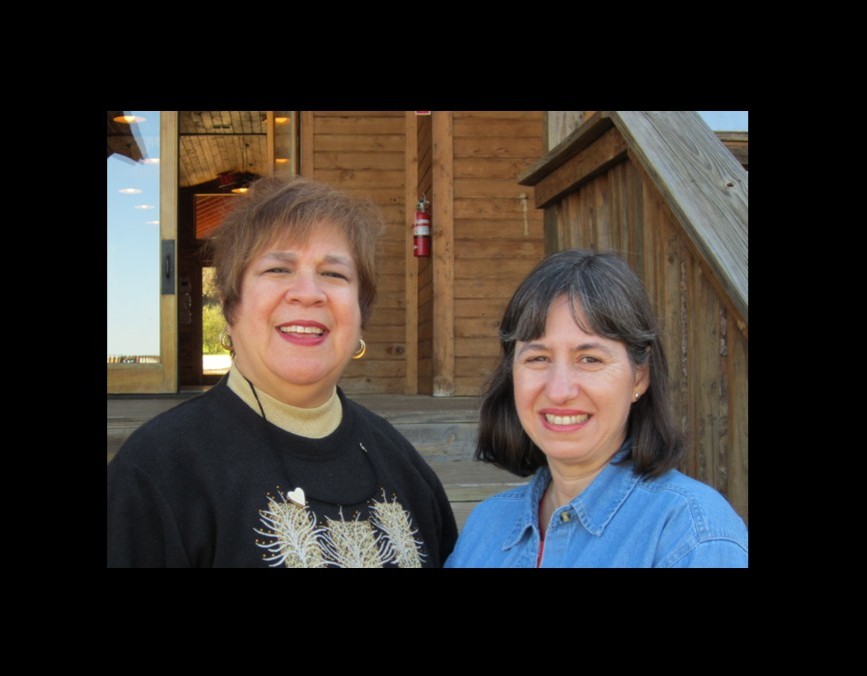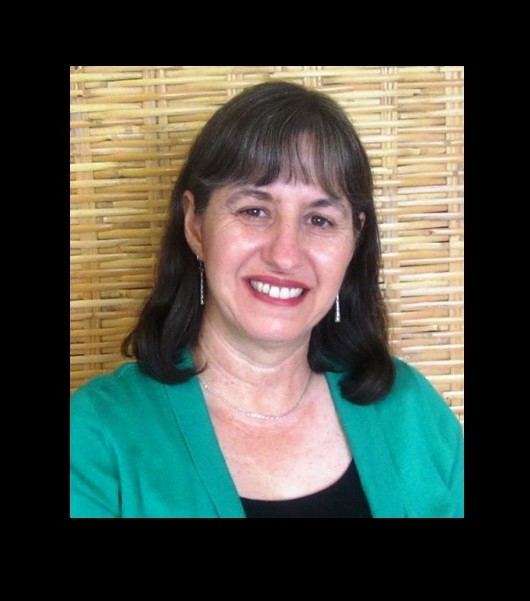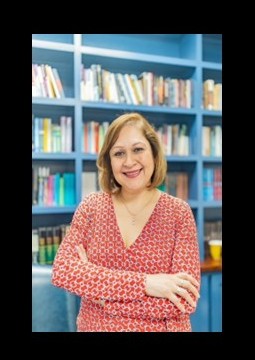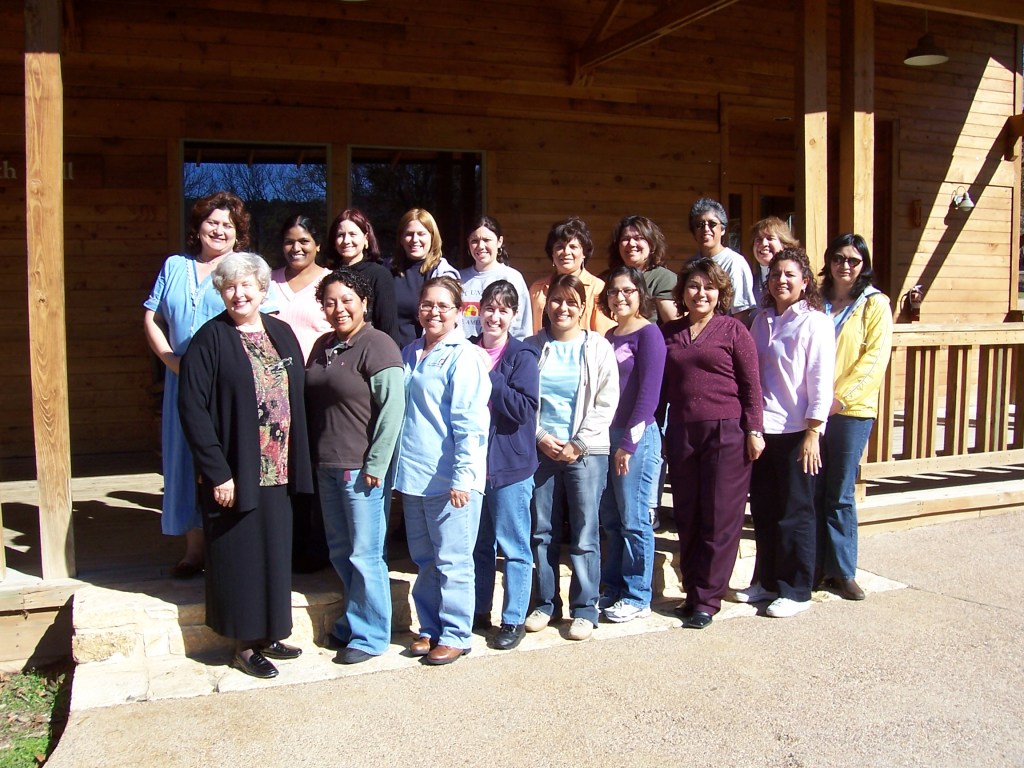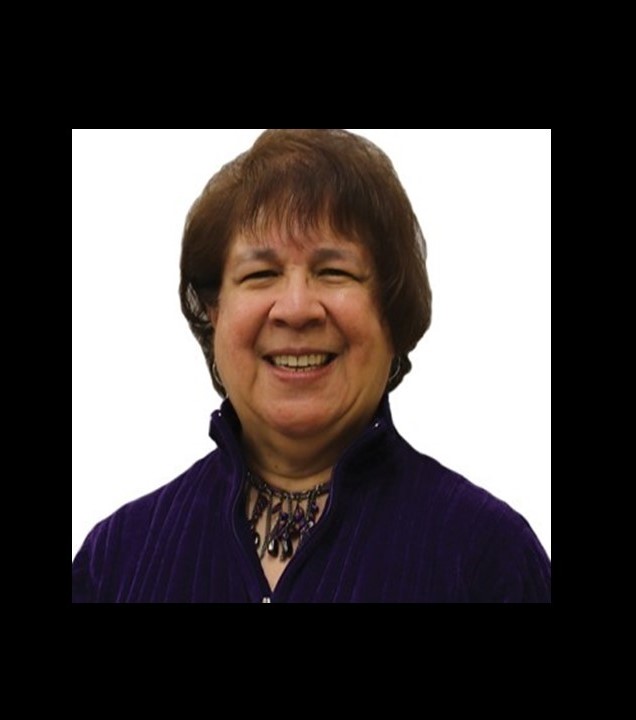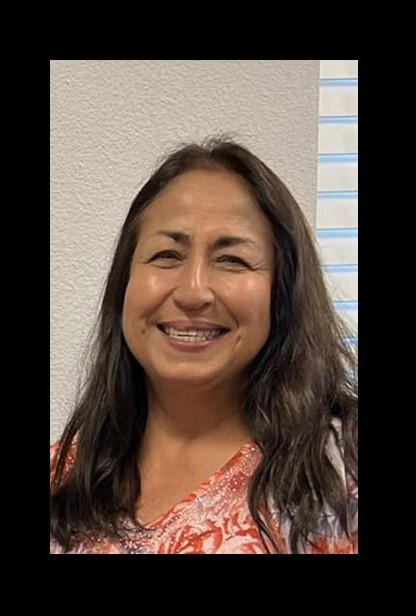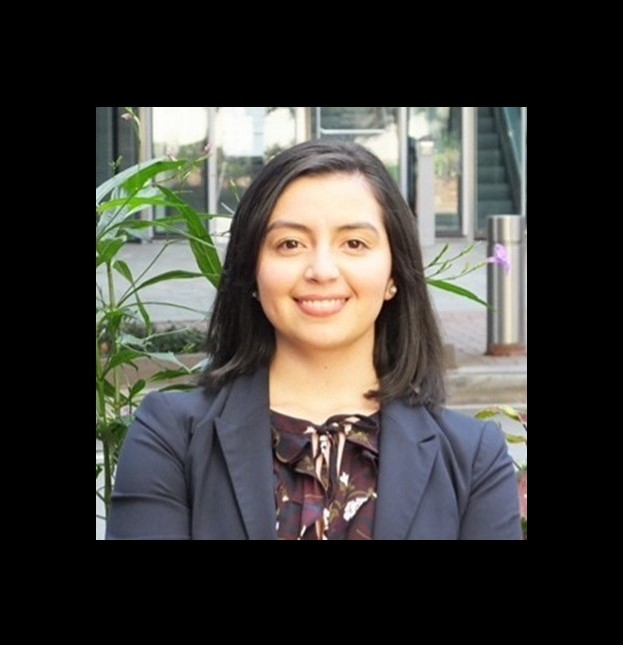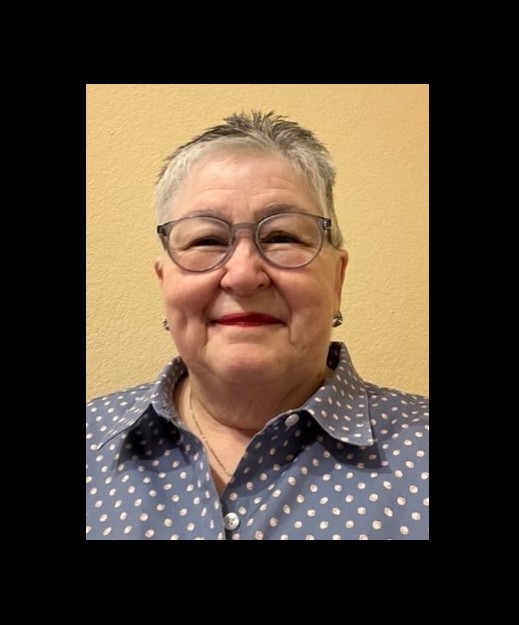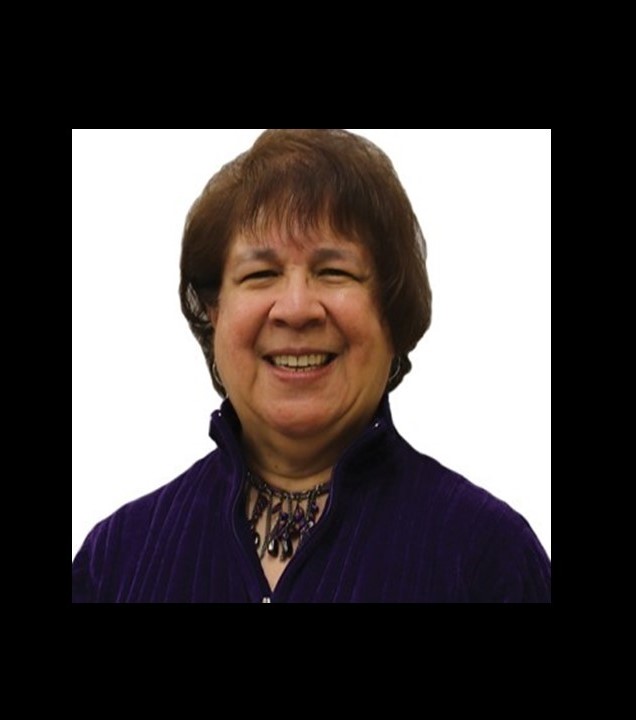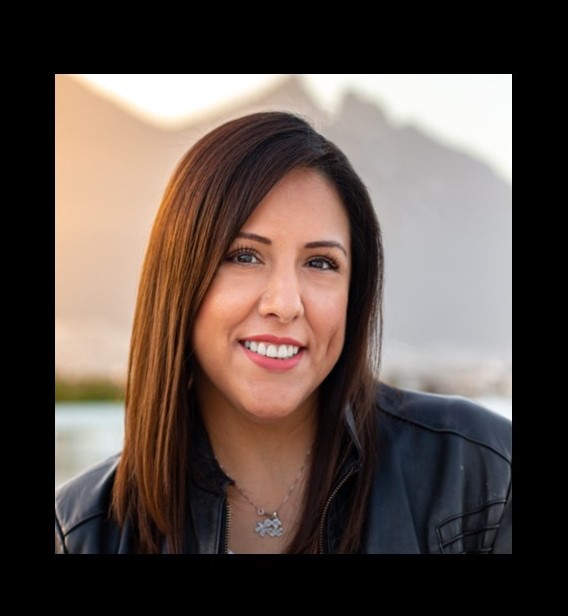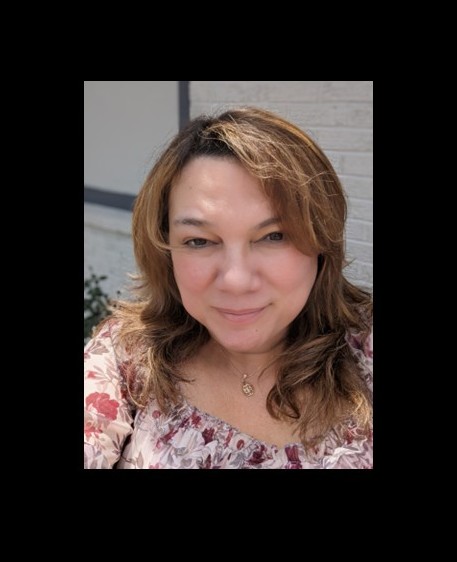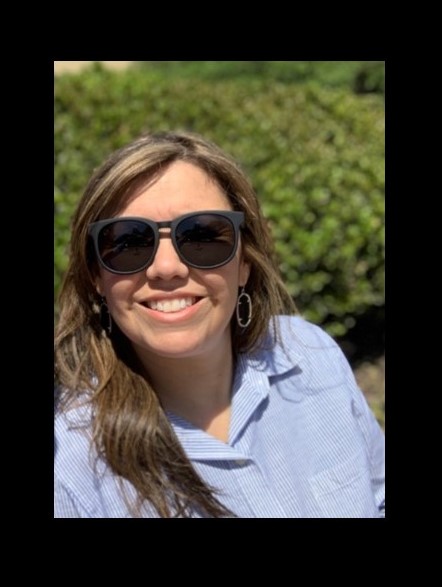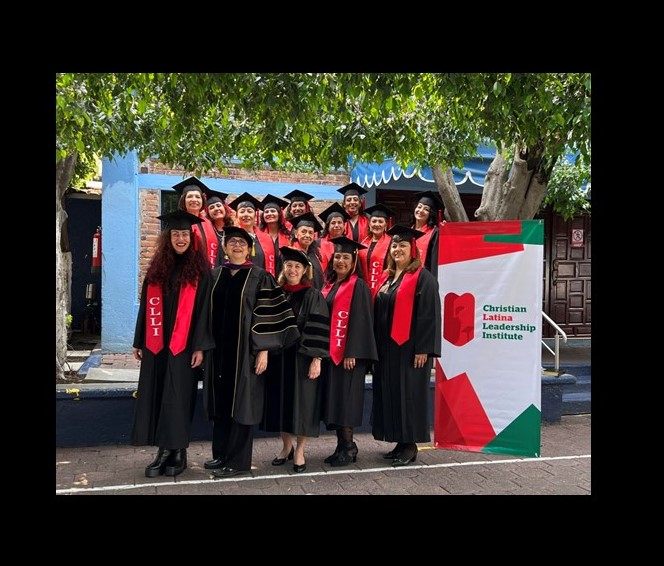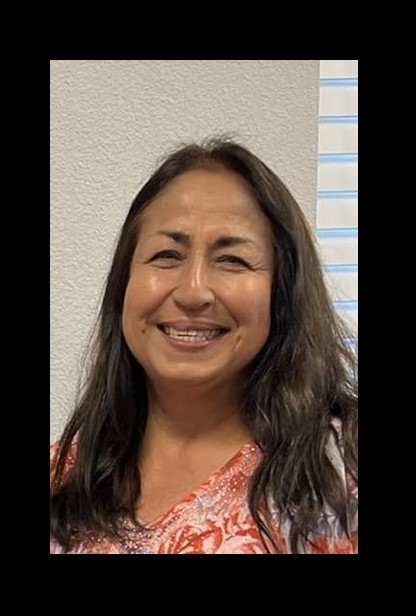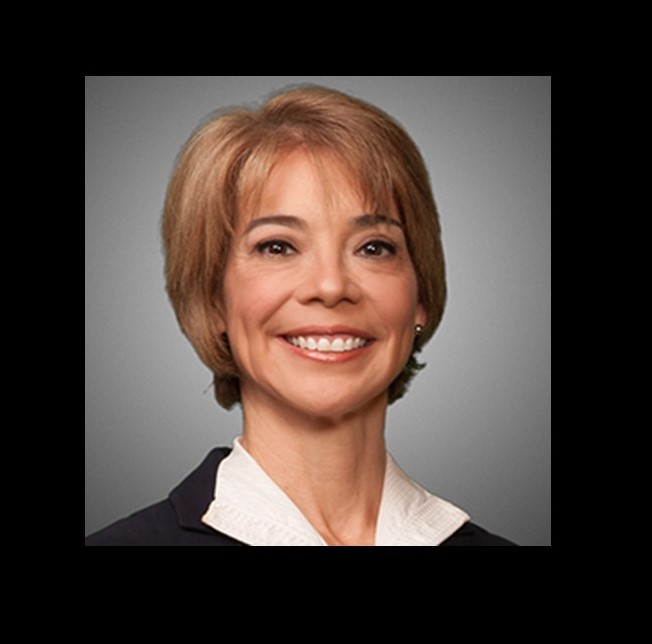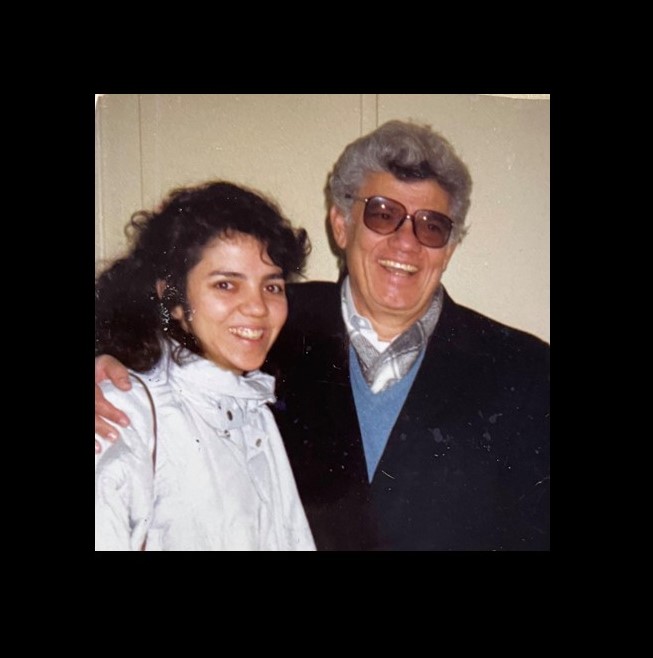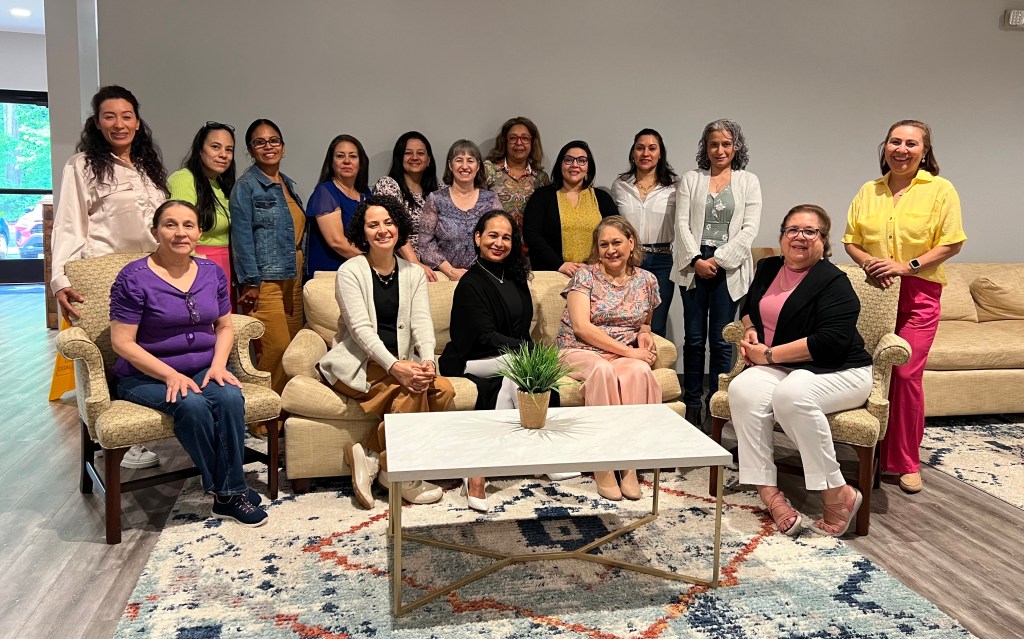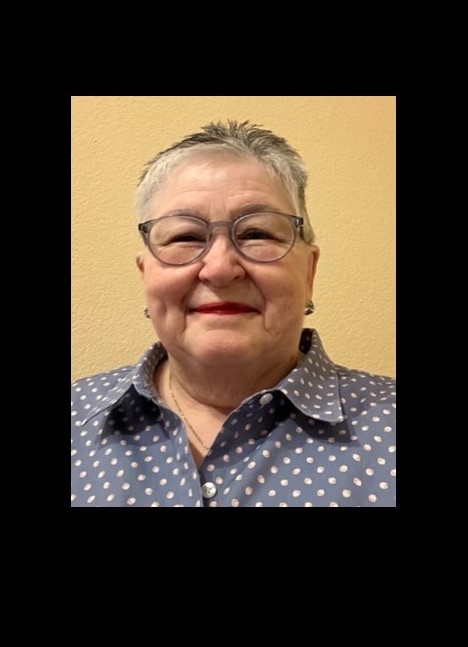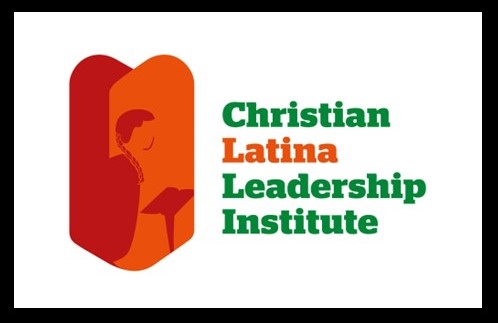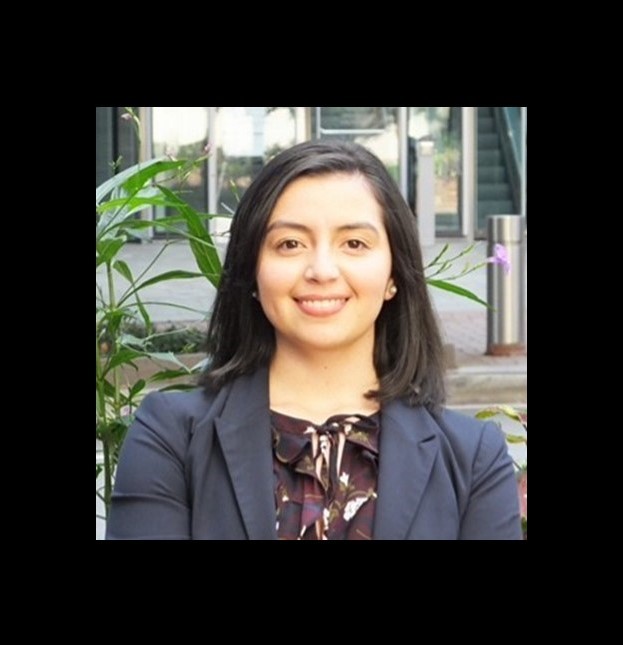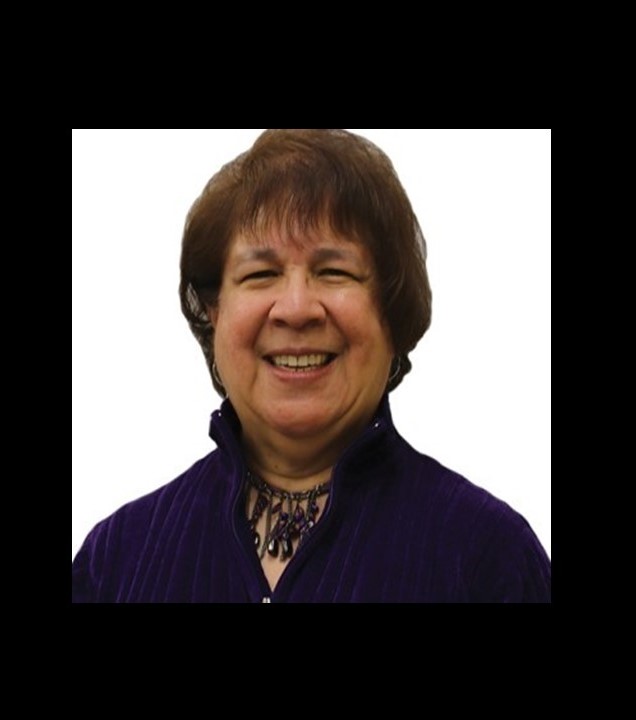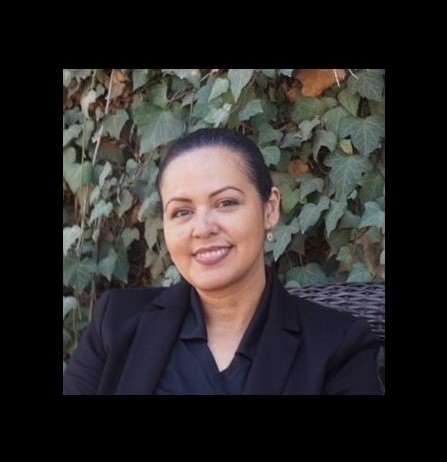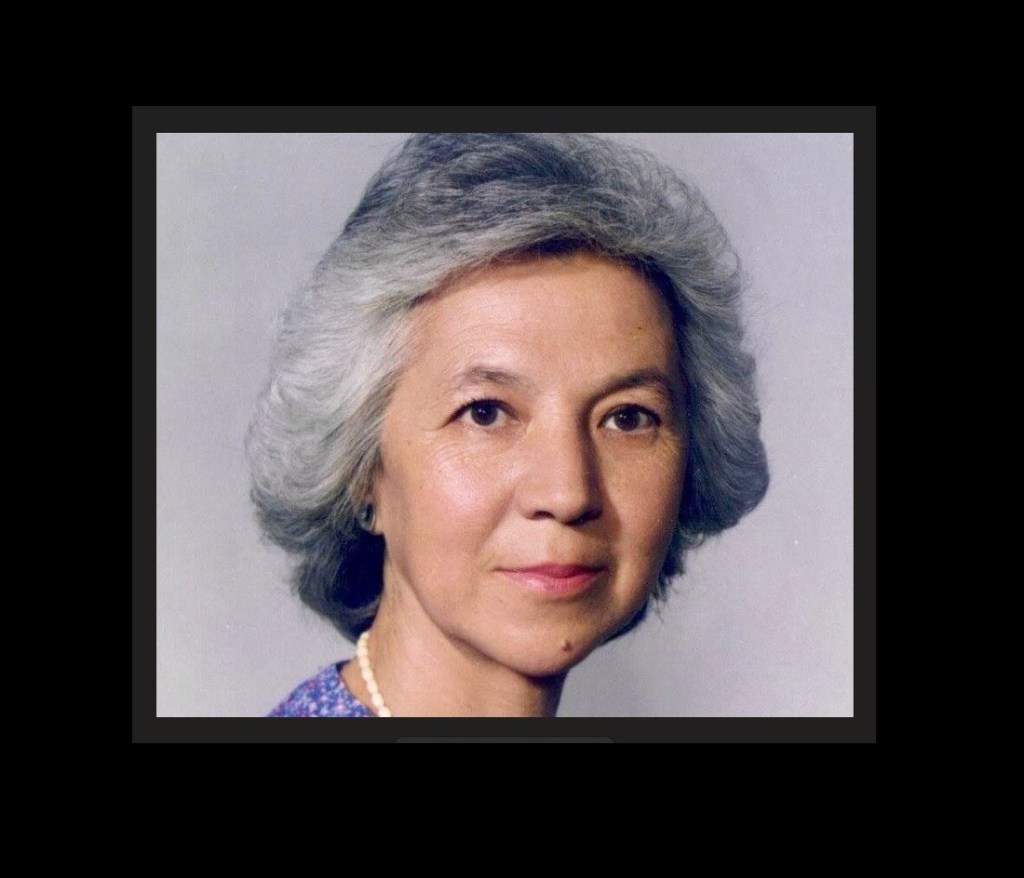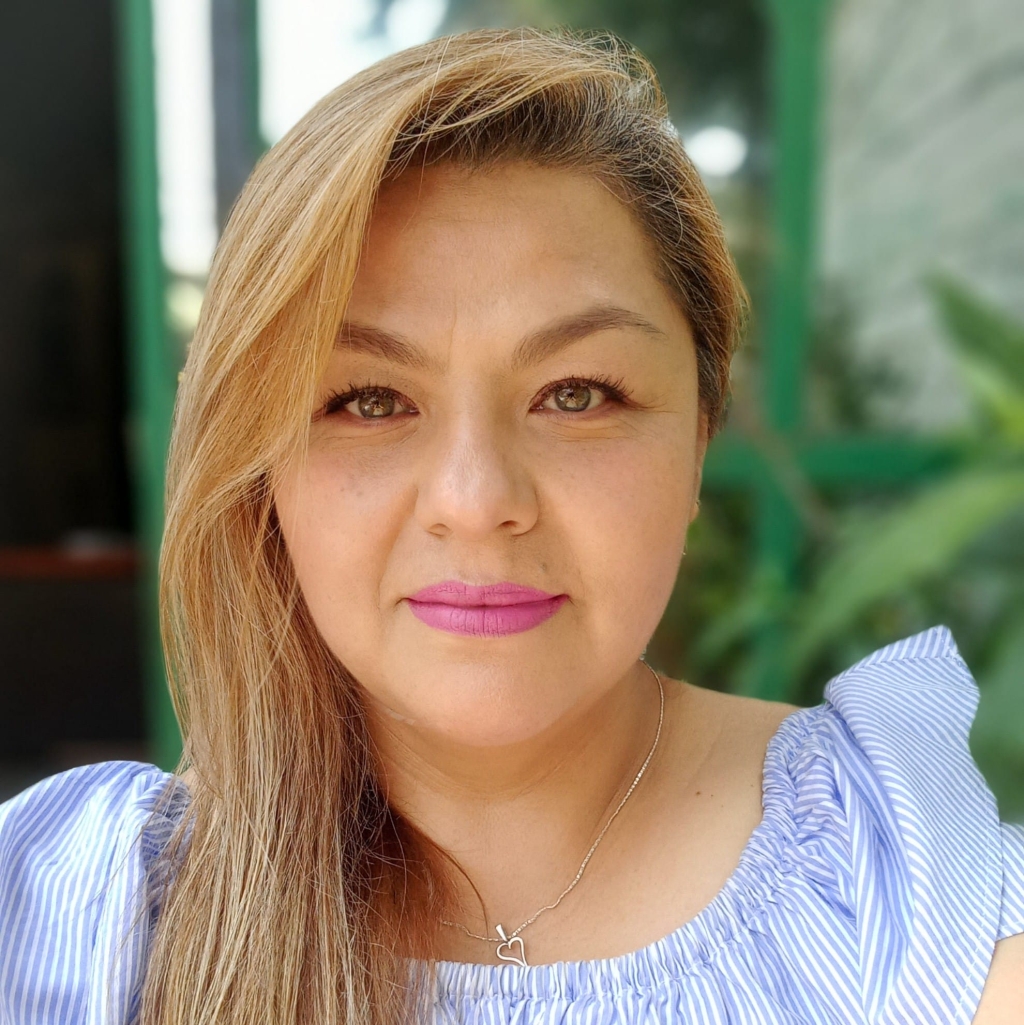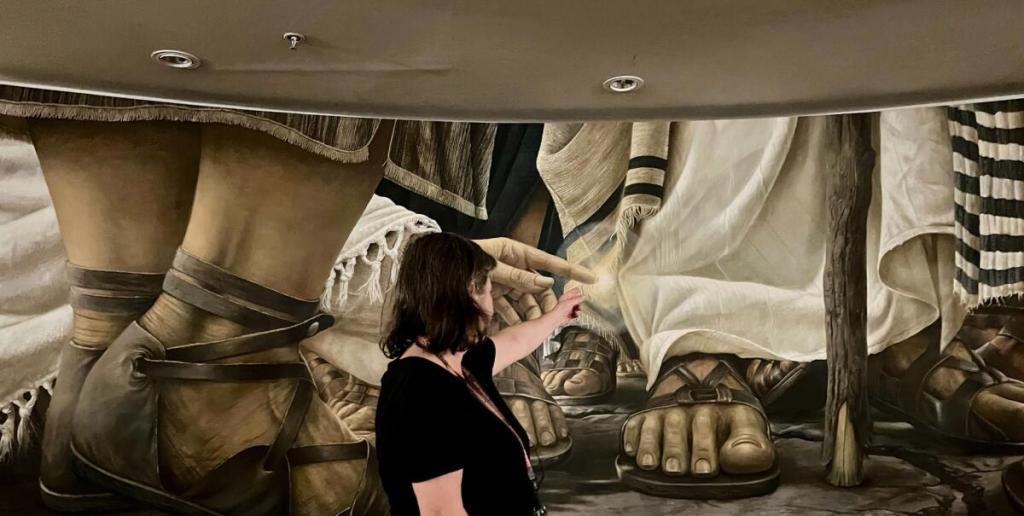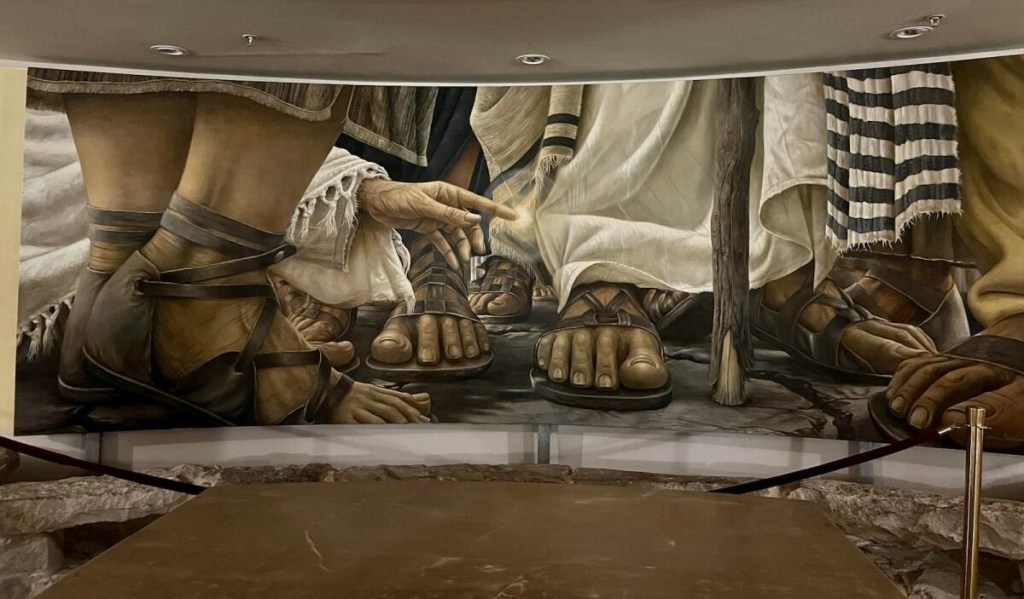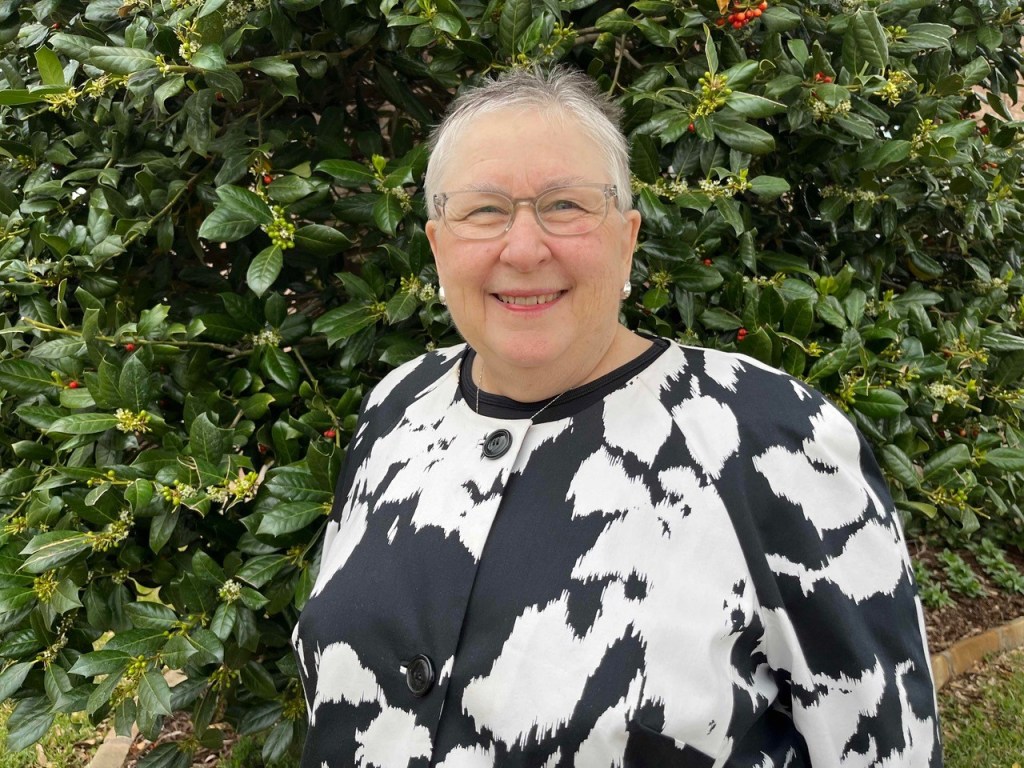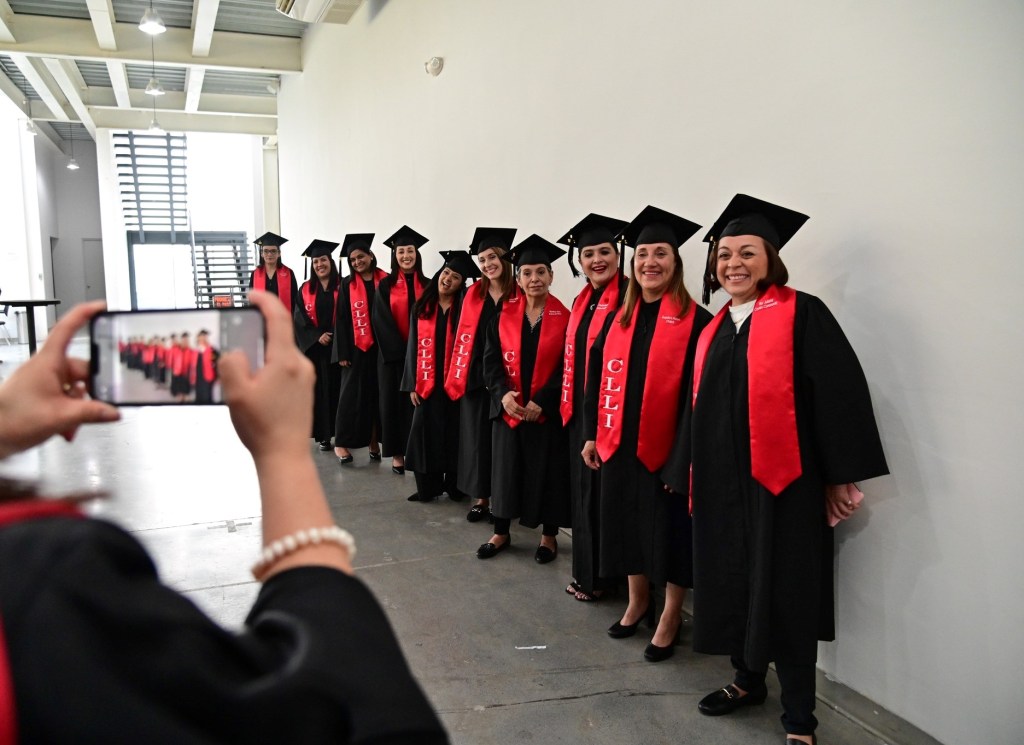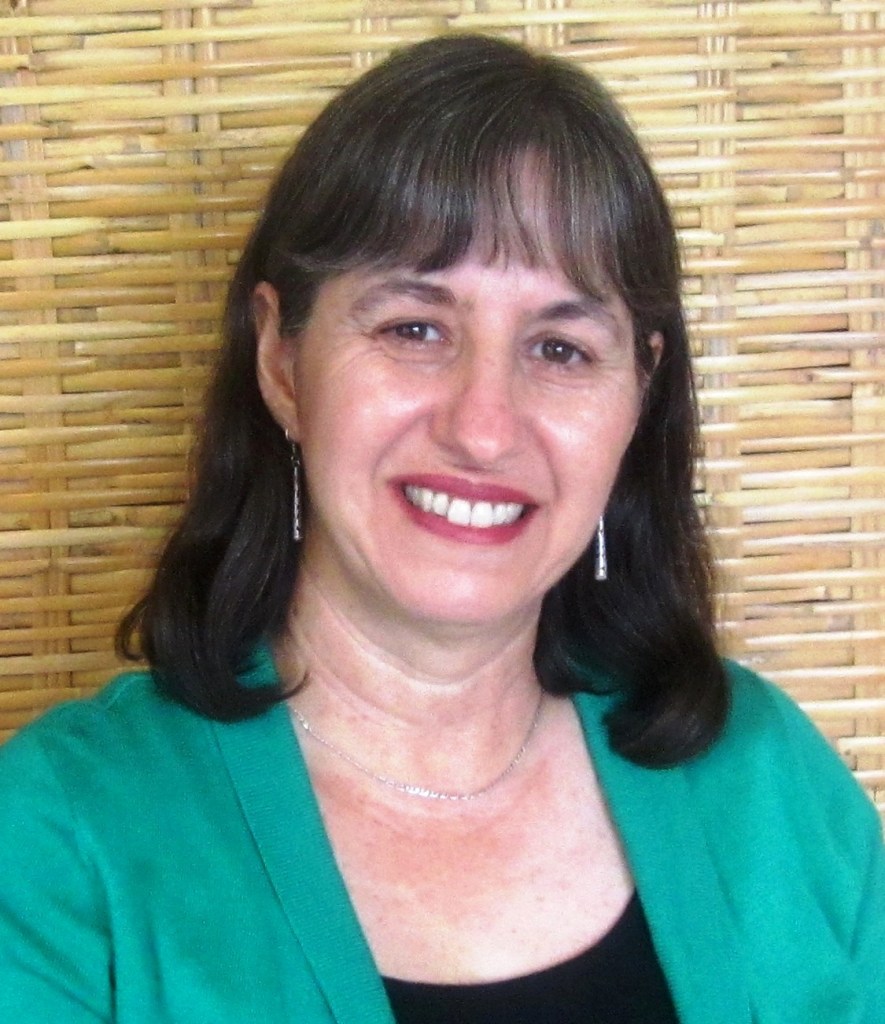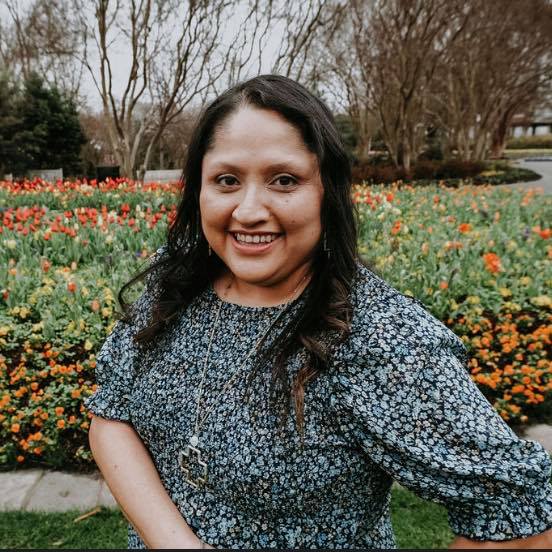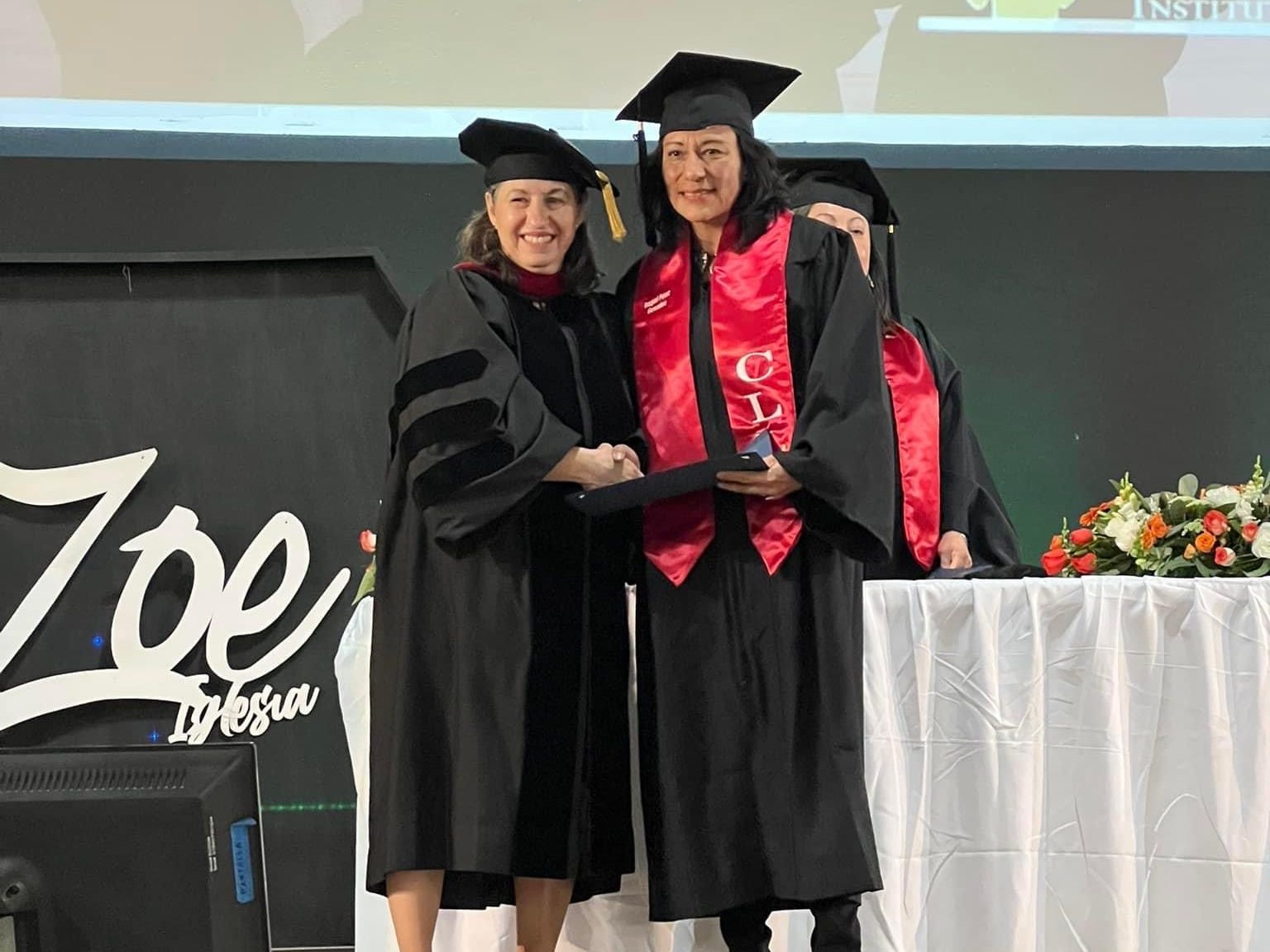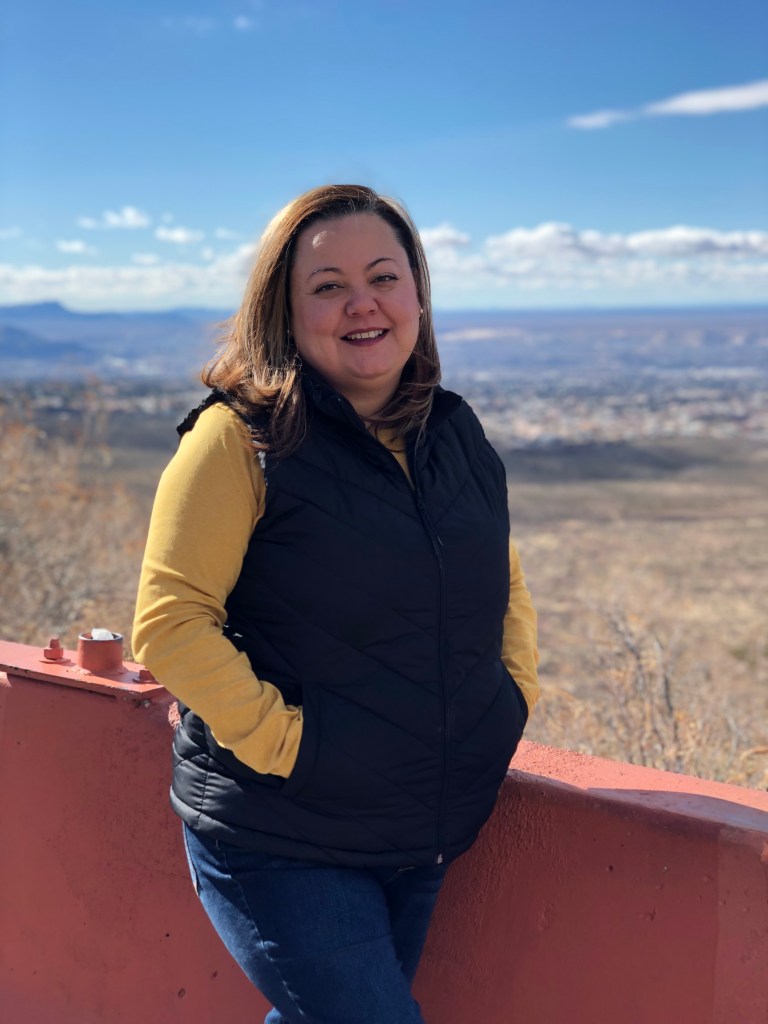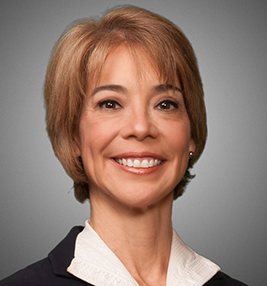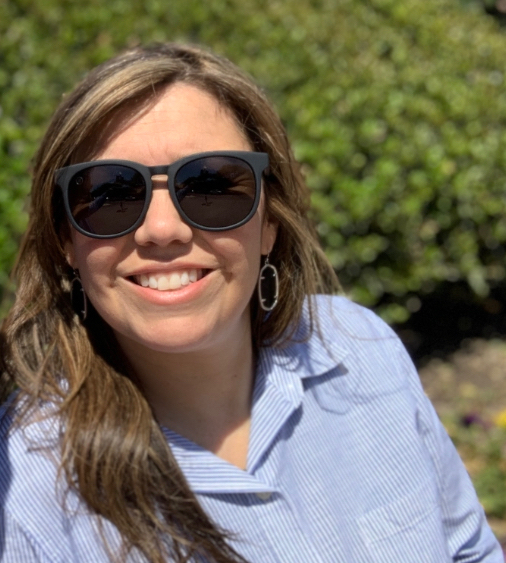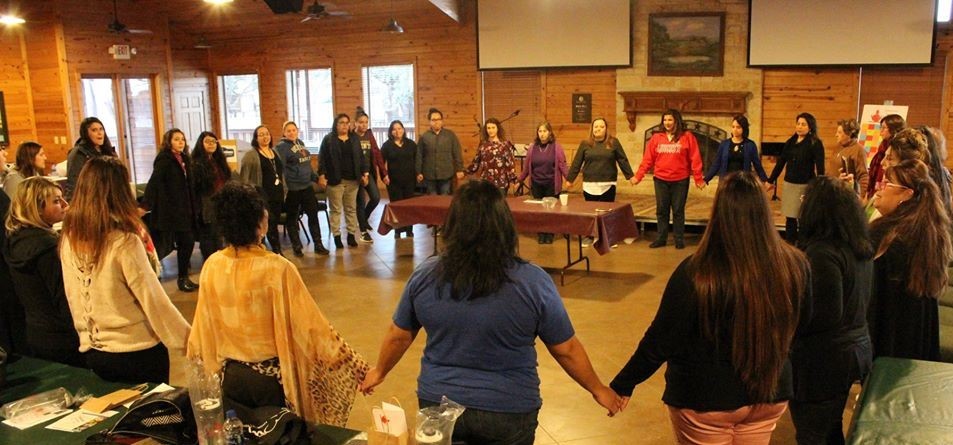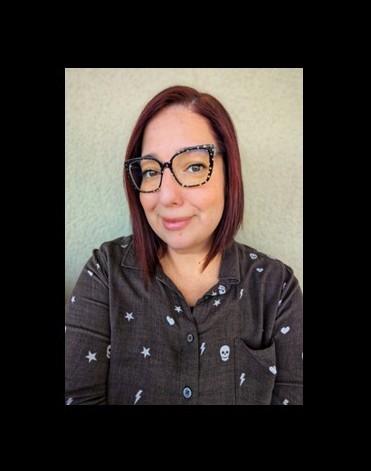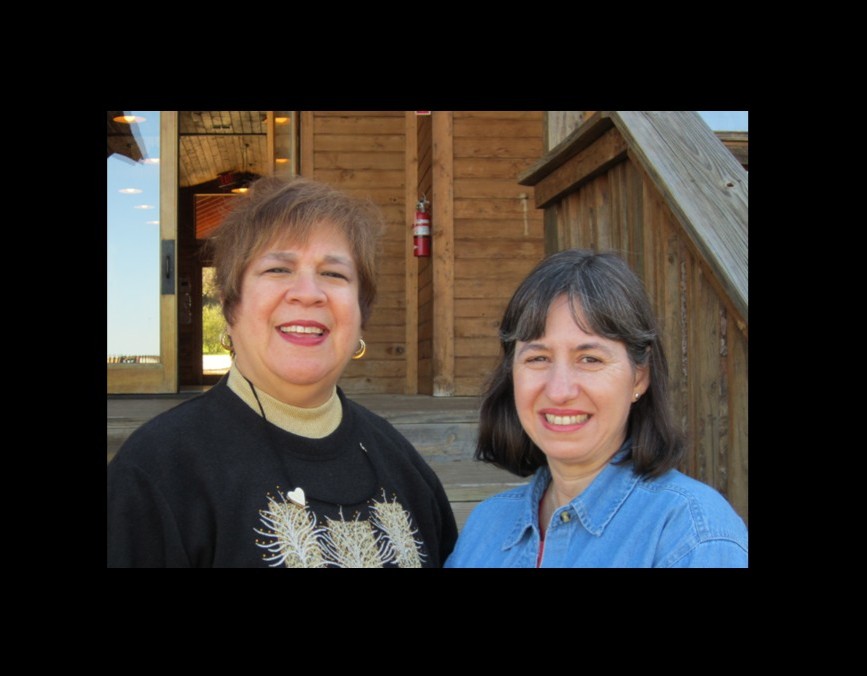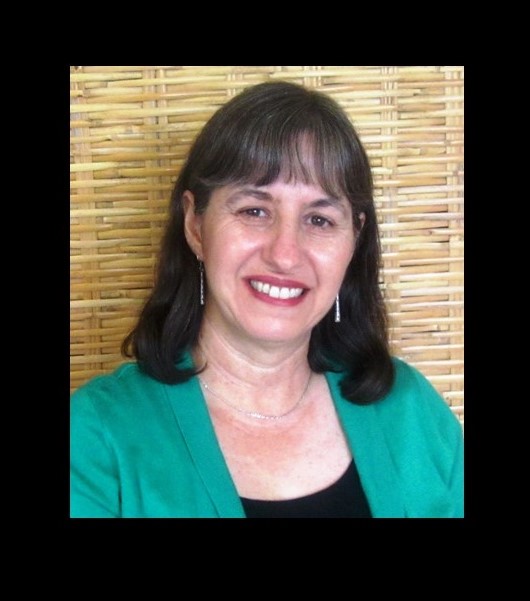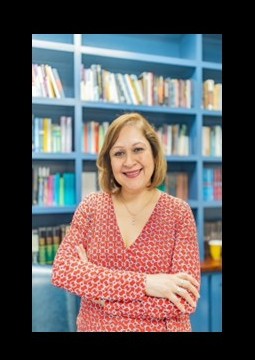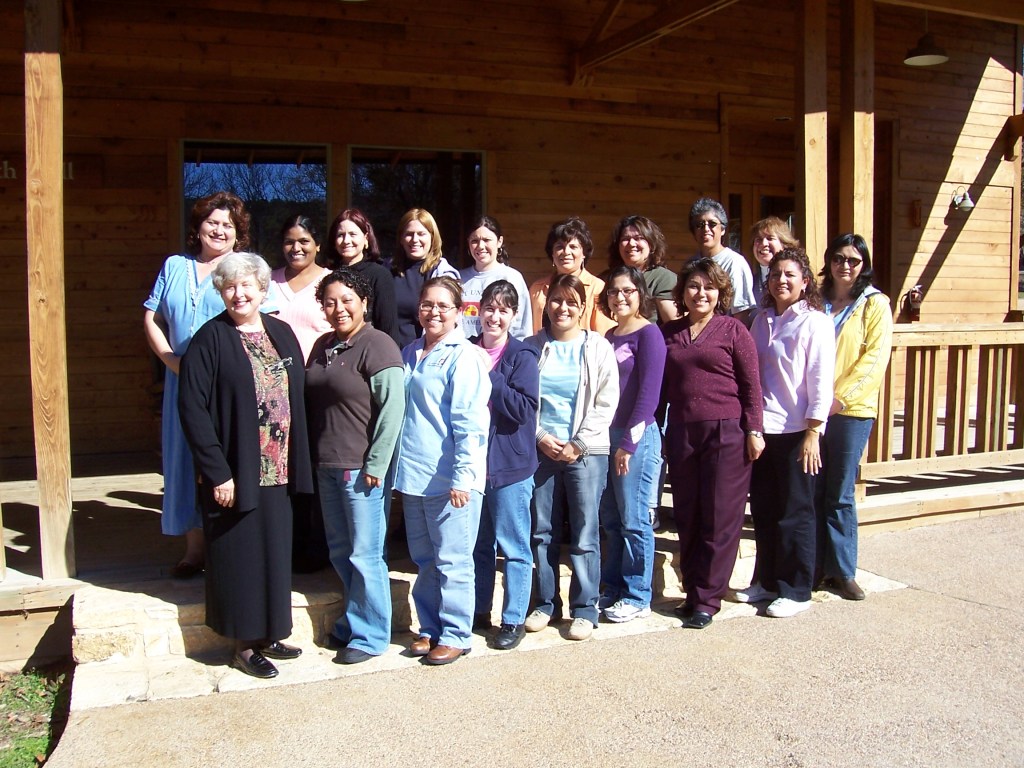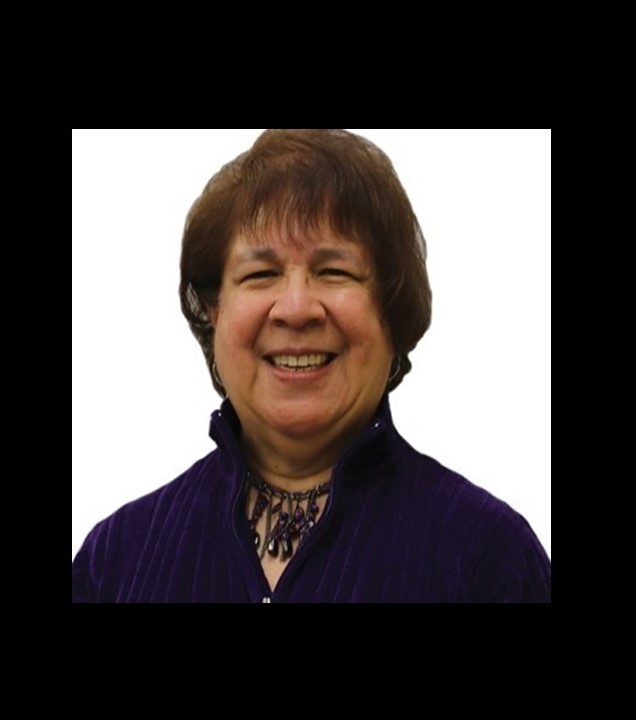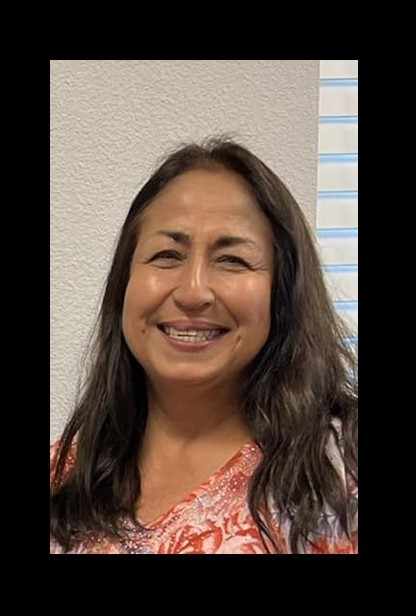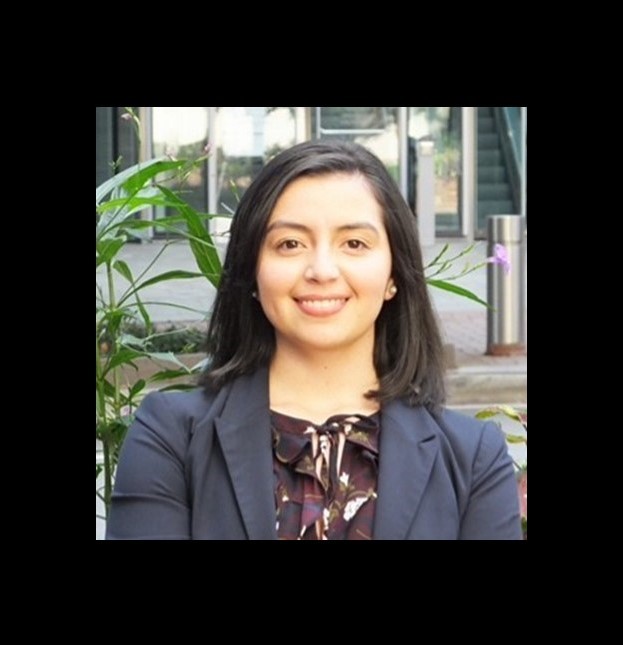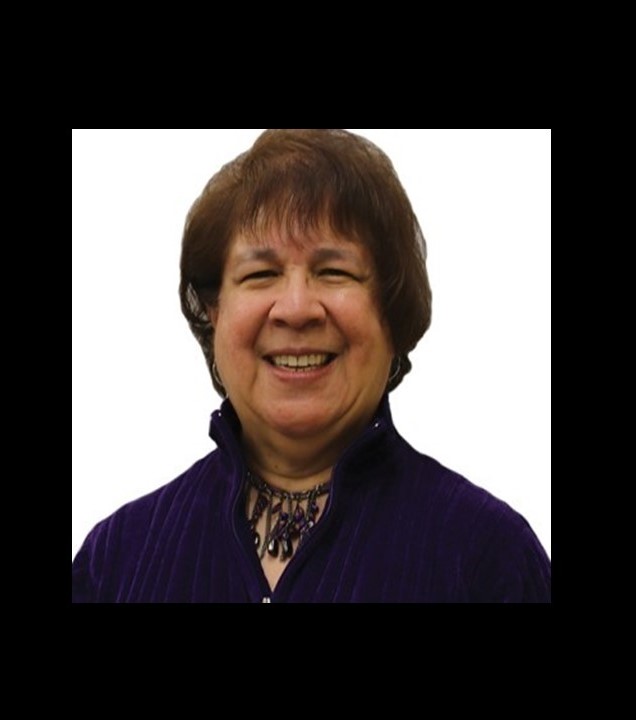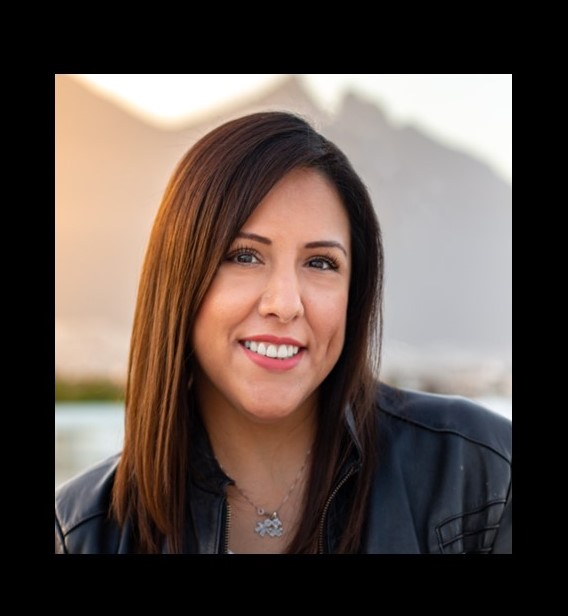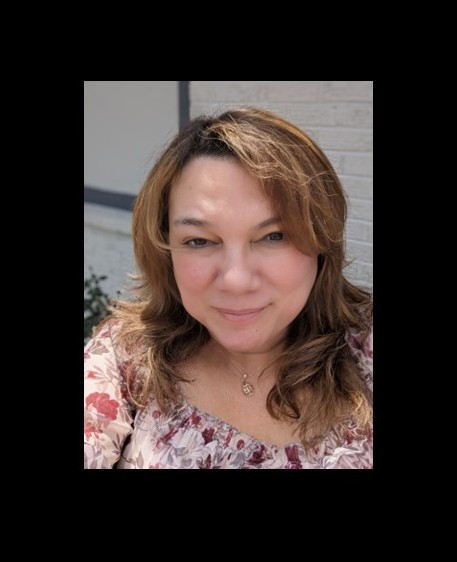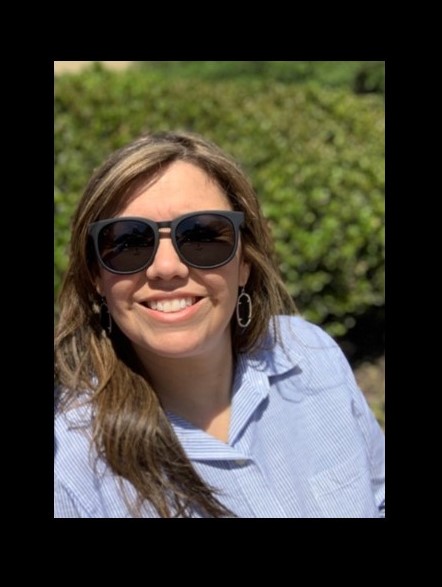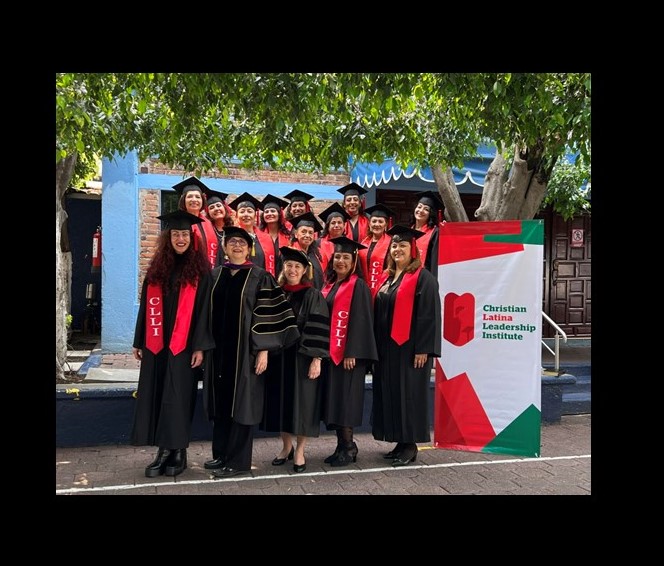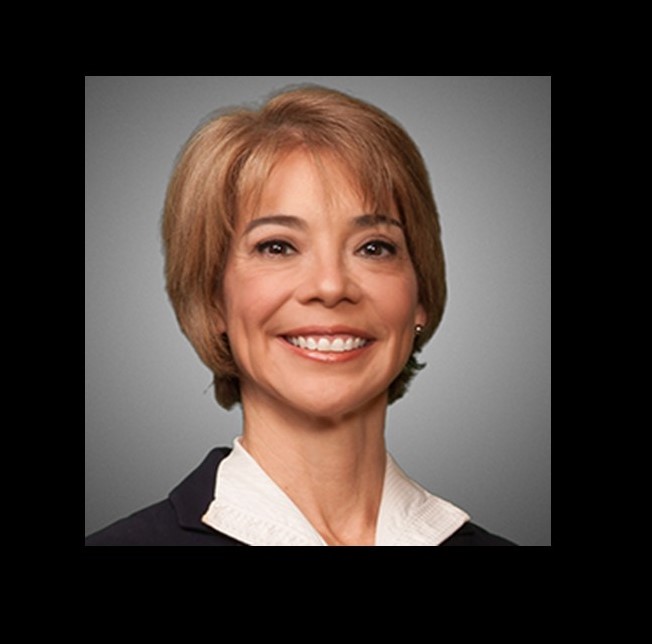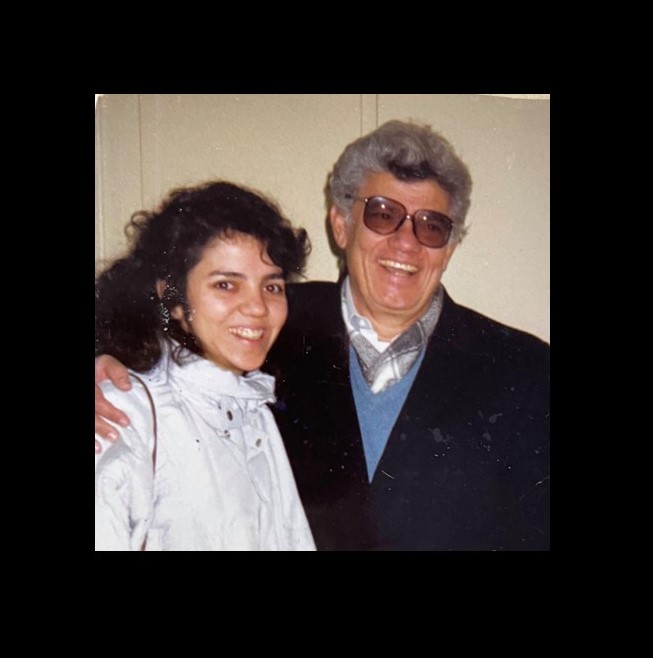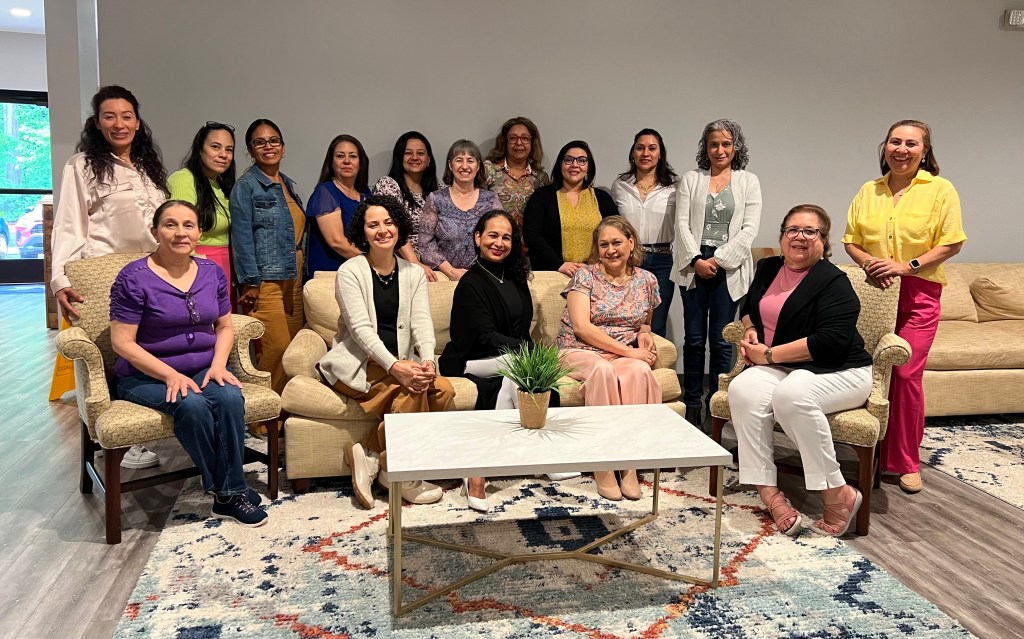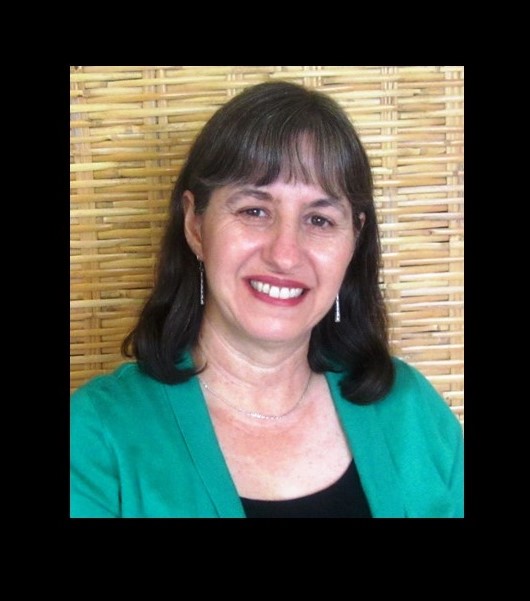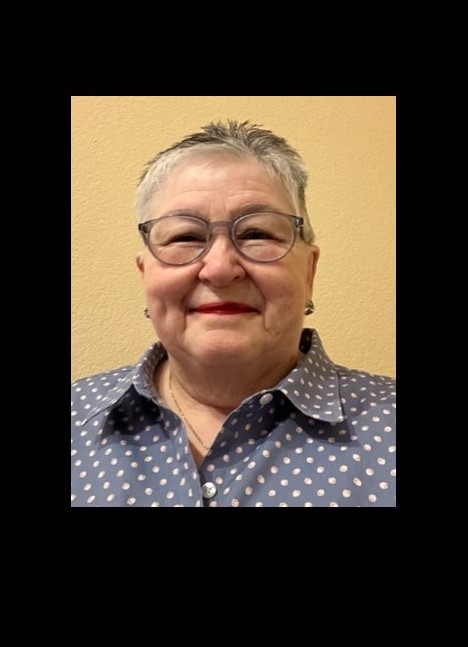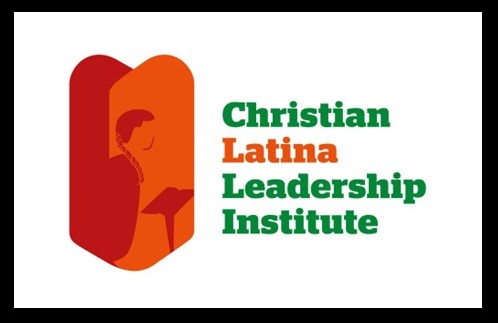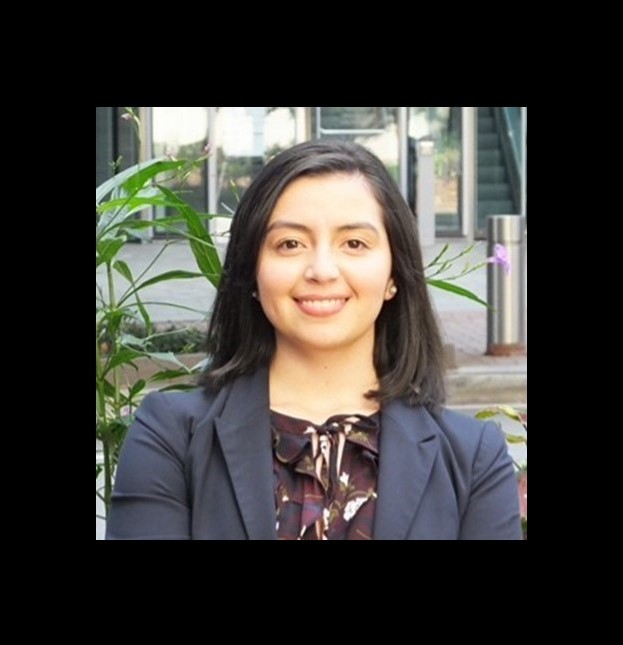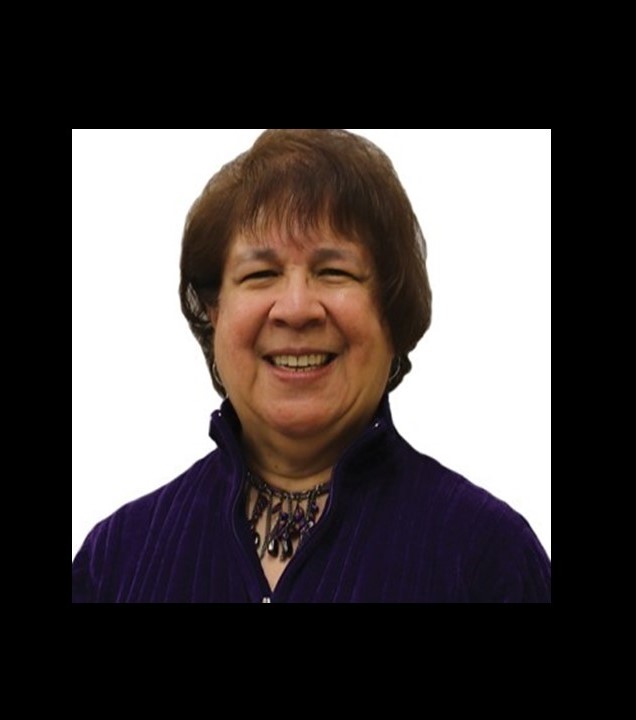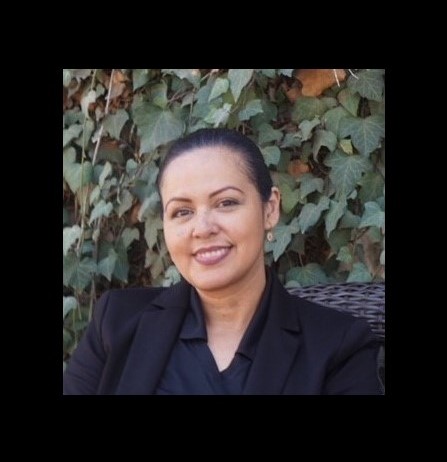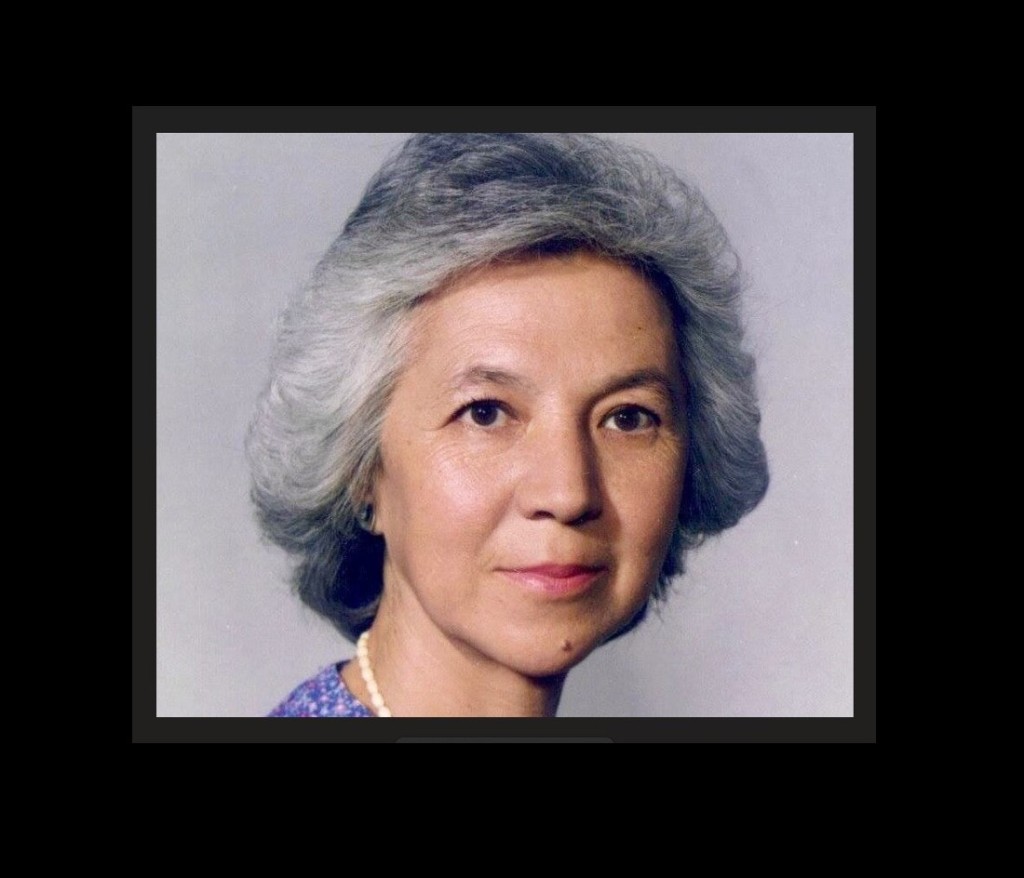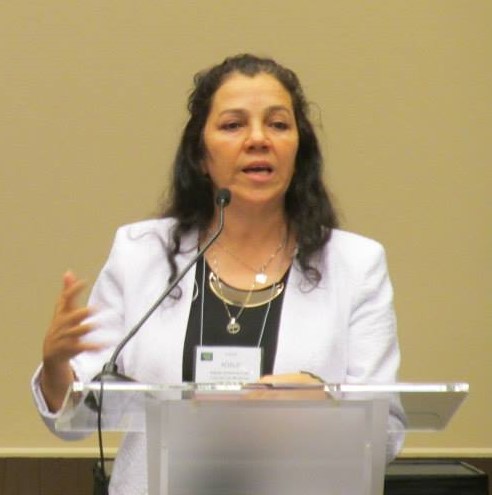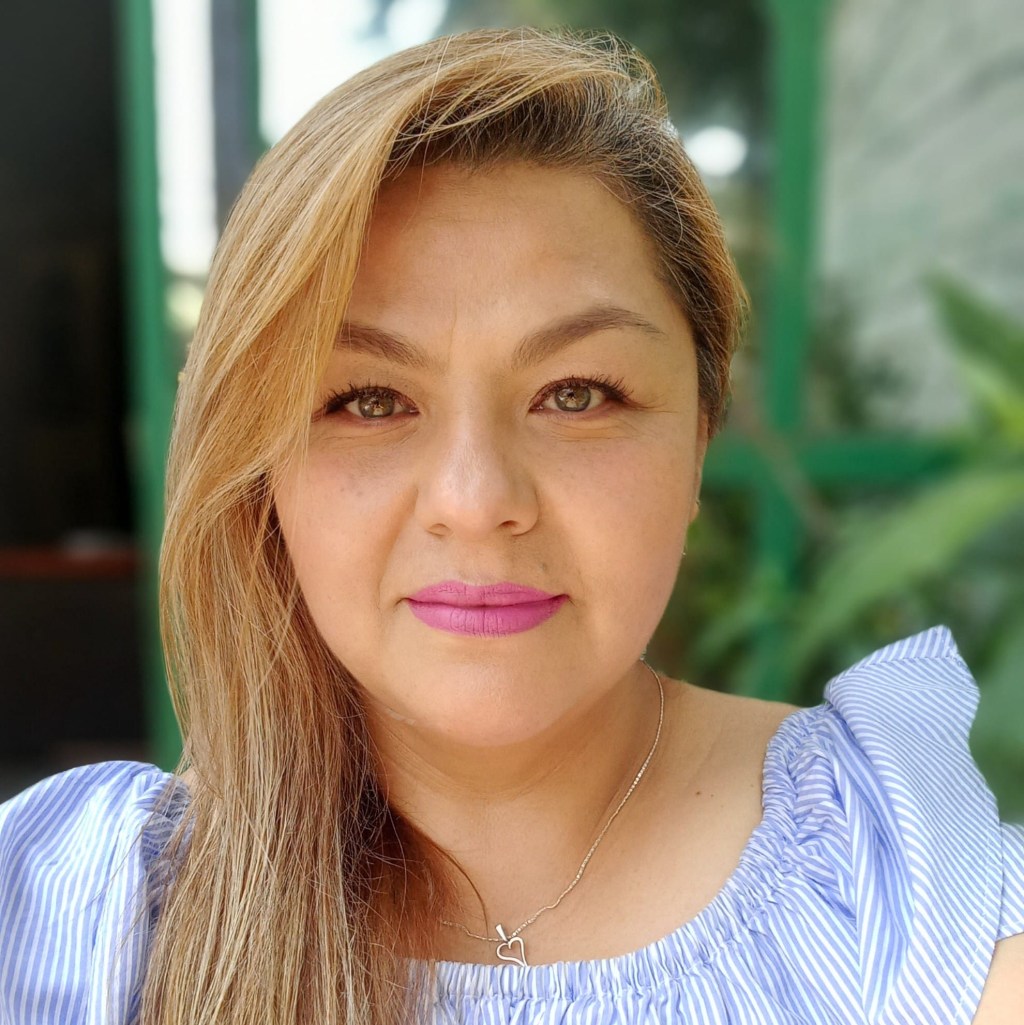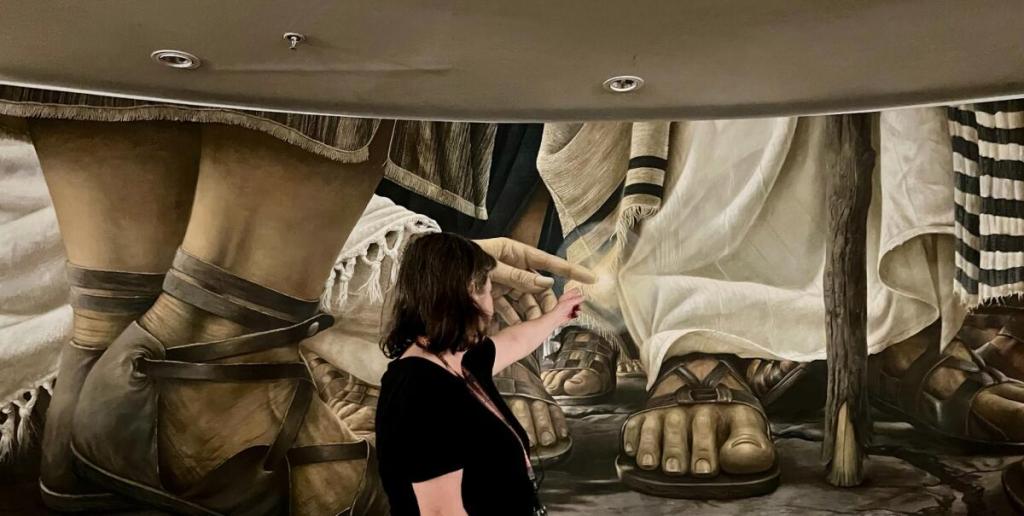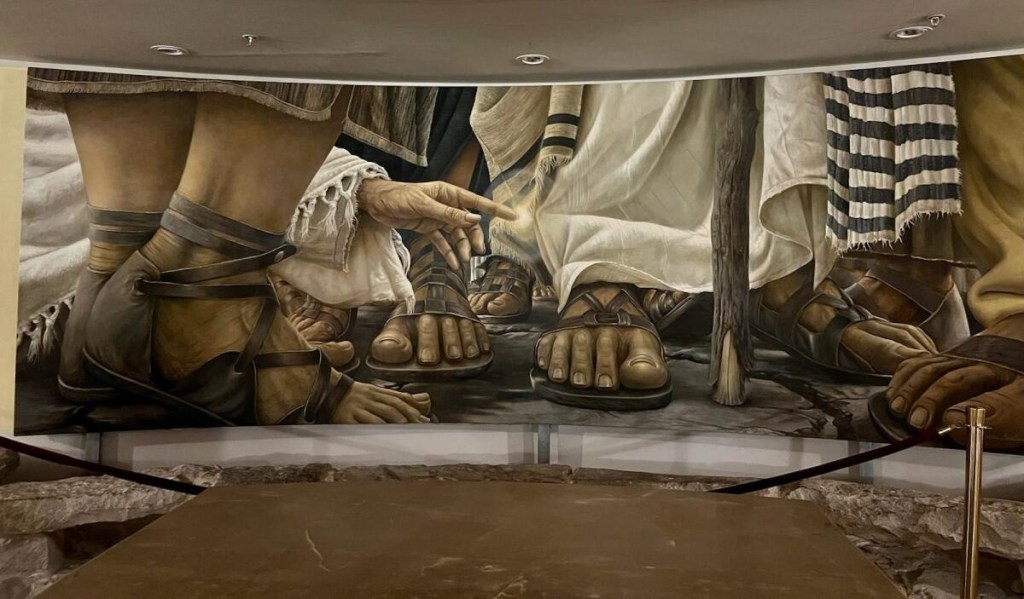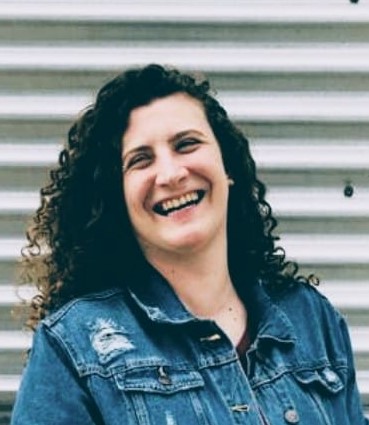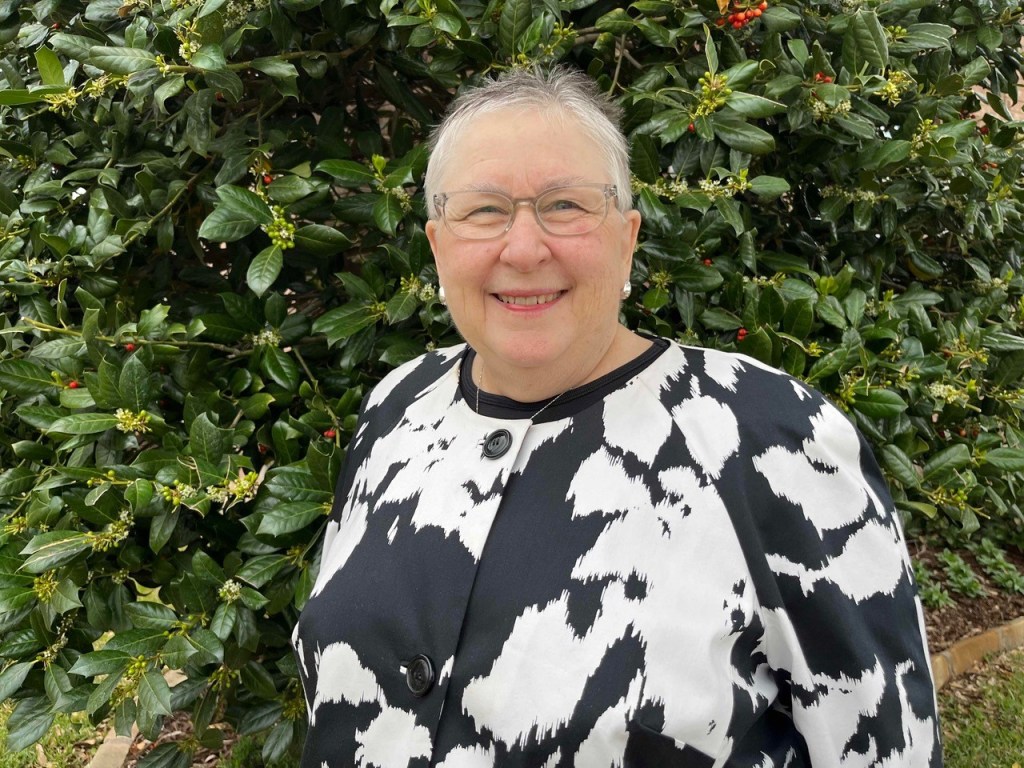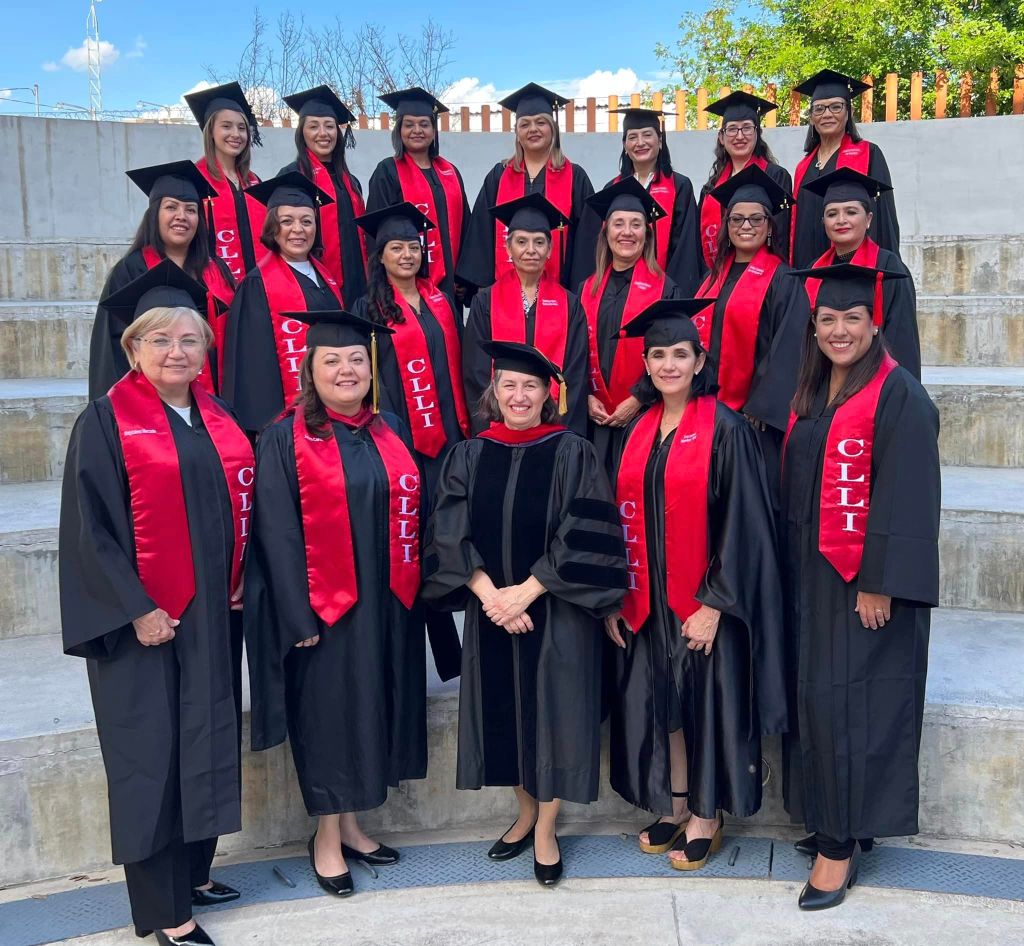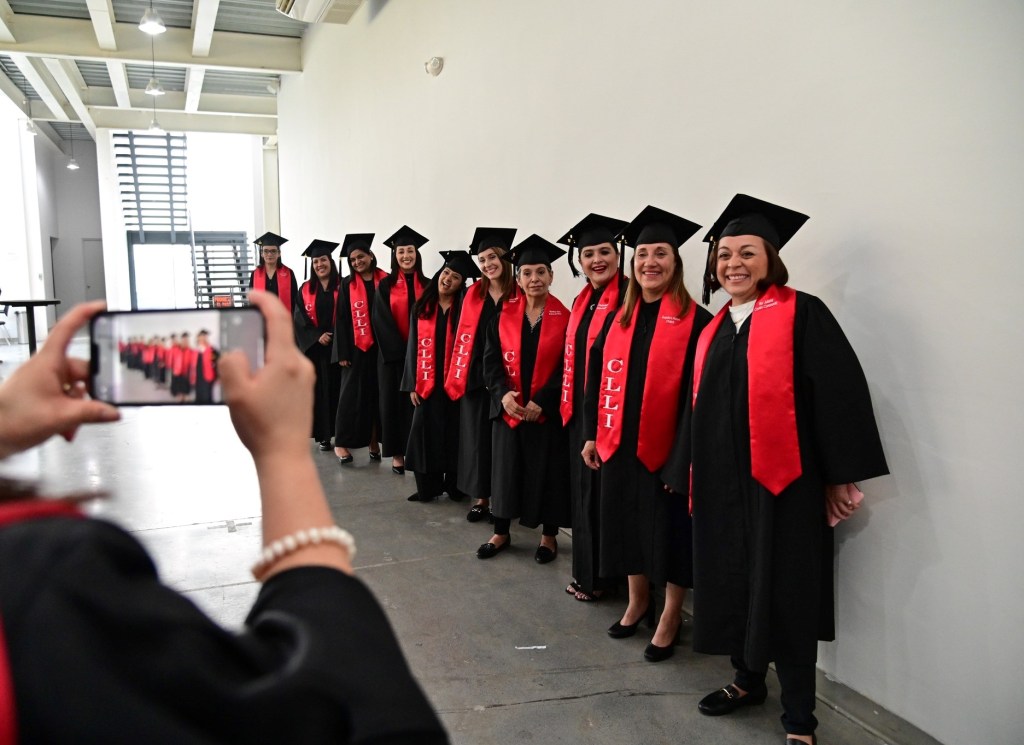By Eunice Villaneda-Bolaños
Para leer la versión en español haga clic aquí
In the United States and many other countries, February is widely associated with romantic love because of Valentine’s Day on February 14. Even before the holidays end, stores begin rolling out Valentine’s décor, candy, and gifts, while social media soon follows with a flood of Valentine’s-themed advertising after the new year. Valentine’s Day has often been perceived as existing primarily for commercial purposes. After weeks of marketing, many people are left feeling obligated to buy something for their romantic partners as a measure of love.
Religious institutions have leaned into this holiday and celebrate the romantic love between partners because it reflects the love God has for humanity. Romantic love can serve as a vivid reflection of God’s love because it captures some of the same qualities that we attribute to God: commitment, selflessness, vulnerability, and sacrificial care. Unlike casual attraction or fleeting infatuation, deep romantic love involves choosing the other person consistently, even in difficult times. In that sense, it mirrors the way God chooses, sustains, and remains faithful to humanity.
More recently, a growing trend known as “Galentine’s Day”, popularized by the television show Parks and Recreation, has emerged in the United States as an alternative celebration. Observed on February 13, the day honors women’s friendships. It offers an opportunity for both single and partnered friends, typically but not exclusively women, to come together and celebrate womanhood through messages, gatherings, and gift exchanges.
This day recognizes the profound bonds that can form between women, connections that often extend beyond traditional friendship, shaped by shared experiences, traumatic events, or even forged within communities such as CLLI. This bond between women certainly deserves to be celebrated and I am convinced that God is in them too.
Female friendships are often dismissed by society as frivolous. Even in the entertainment industry, relationships between women are frequently trivialized, reduced to whimsical tropes like the magical bond in the film The Sisterhood of the Traveling Pants. While the film is sweet and entertaining, it oversimplifies the reality that, in our lives, women form deep, lasting friendships marked by resilience, shared experience, and fierce loyalty.
Such is the bond between Ruth and Naomi in the Book of Ruth. Naomi is an Israelite woman from Bethlehem, and Ruth is her Moabite daughter-in-law, a people often viewed as outsiders and looked down upon by the Israelites. The book recounts how a famine drives Naomi, her husband, and their two sons to Moab. Tragedy soon follows when Naomi loses her husband and both sons, leaving her with her daughters-in-law, Ruth and Orpah.
When Naomi decides to return to Bethlehem, she urges the younger women to remain in Moab and rebuild their lives. Orpah reluctantly agrees, but Ruth refuses and declares:
“Do not press me to leave you, to turn back from following you!
Where you go, I will go;
where you lodge, I will lodge;
your people shall be my people
and your God my God.
Ruth 1:16 (NRSVE)
The story of Ruth and Naomi is important because it shows us Ruth’s devotion to Naomi as one of the Bible’s strongest examples of faithful love. It shows us a story that is driven almost entirely by women’s choices, courage, and resilience.
This story about Ruth and Naomi helped me to remember my relationship with my friend Rachael. I met her over a decade ago at one of my brother’s company softball games, they were on the same team. She noticed the way I cheered, and we became instant friends. That friendship led us on a 12-day adventure through Thailand and Cambodia and carried us through major life changes, including marriage and kids.
Recently, we decided to take a short trip together to Mexico City. Soon after landing, Rachael began experiencing physical limitations. At first, we assumed it was allergies or a reaction to the city’s smog. On the evening after our visit to Teotihuacán for a hot air balloon ride, her health took a dramatic turn. She was rushed from our hotel to the hospital by ambulance with a blood oxygen level of 63. For context, during the height of the pandemic, levels below 90 warranted an emergency room visit. Doctors were stunned she was still conscious. Amid the fear and uncertainty, I never left her side. I translated, handled logistics, and did everything I could to help. Doctors ran test after test but couldn’t determine the cause, and it would be days before they had answers.
Fortunately, my friend made a full recovery. Her symptoms disappeared as quickly as they appeared, leading doctors to believe she had suffered from high-altitude pulmonary edema. While she recovered physically, it was clear just how close she came to dying. That trauma forged a deeper bond between us. In ordinary life, friendships can rest on personality, humor, or shared interests. Trauma strips all of that away, there’s no energy left to perform or impress. What remains is honesty: fear, grief, confusion. When a friend meets you in that space without flinching, trust deepens quickly. My friend nearly died, and in that crisis, we saw each other for who we truly are, in a moment defined by fear and uncertainty.
More recently I was able to witness how this bond can also be forged in CLLI. Back in October I had the opportunity to attend the faculty and coordinators training in San Antonio, Texas. During this training I became a first-hand witness of the bonds that form between women at CLLI. Watching the bond between women grow within CLLI is a powerful thing. When women come together through challenges, shared goals, or just the ups and downs of daily work, friendships go deeper than surface-level connection. These relationships are built on support, understanding, and showing up for each other in moments of uncertainty. In these spaces, friendships aren’t about convenience, they’re about choosing to stand together, lift each other up, and trust that together you can accomplish more than you ever could alone.
The incredible bond that is forged between women should be celebrated because this kind of friendship thrives on love, loyalty, and trust, and all of these reflect God’s character. God models perfect love (selfless, patient, forgiving), giving friends a standard to aspire to and a source of strength when human relationships falter. During this month of love, I encourage you all to reach out to the women with which you share a special friendship bond with and celebrate it because God, too, is in it.
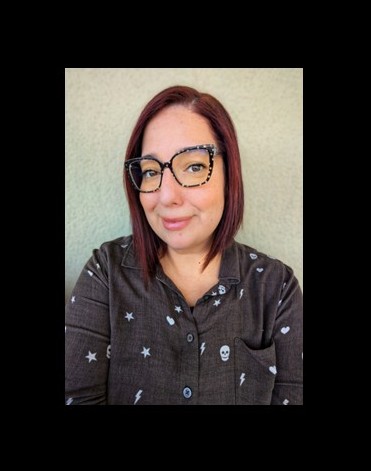
Eunice Villaneda-Bolaños is a PhD candidate at Claremont School of Theology, where she is currently completing her dissertation. Her research examines what it meant to be a female prophet in Valentinian Christianity, developing a model grounded in historical and cross-cultural analysis and situating it within the broader Greco-Roman Mediterranean context. She also serves as an intern at CLLI through a program sponsored by the Hispanic Theological Initiative.

